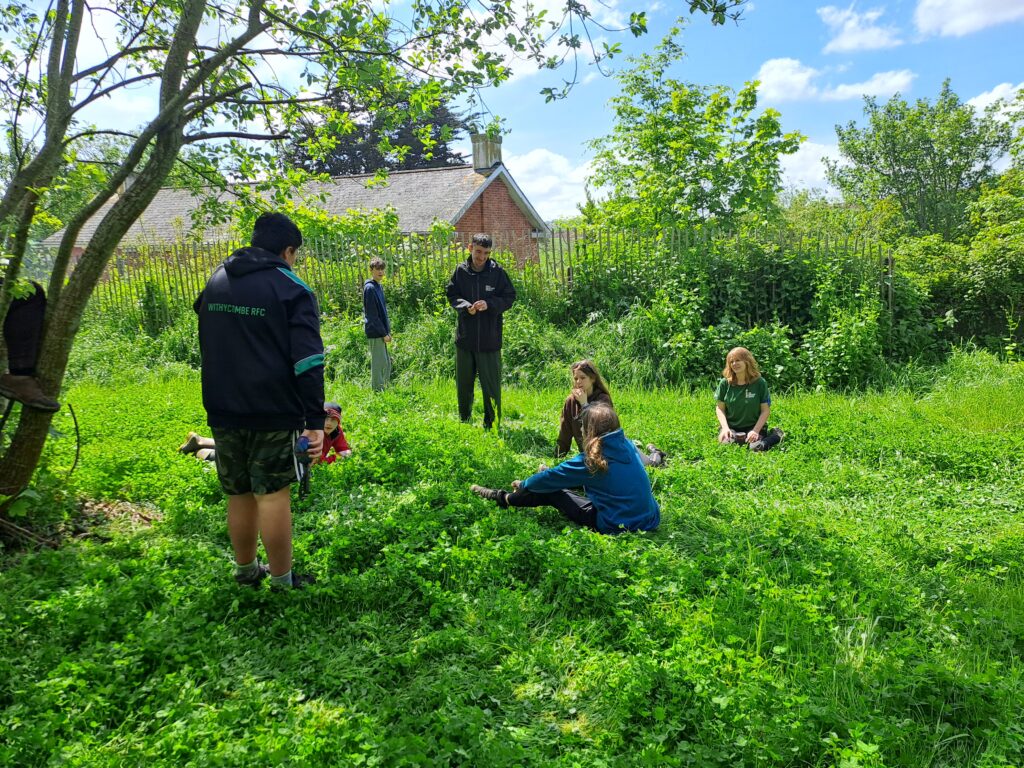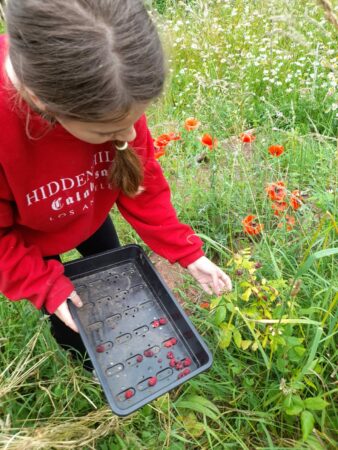
If you follow us on our social media channels, you’ll probably know that over at The Outdoors School, we take an innovative approach to education, incorporating learner-led, experiential education and project-based learning. Today, we thought we’d take some time to look at exactly what we mean when we talk about project-based learning, what the benefits of it are, and how it might look in practice on a day-to-day basis.
What?
In a nutshell, project based learning is a teaching method that encourages learning by actively engaging in projects. These could be long-term projects that span a term or shorter projects that just last a week. The world really is your oyster when it comes to choosing what to do a project on; they can a broad topic that encompasses many different elements or a narrower project that can be looked at in much more depth. How far you take a project will depend on many different factors, including size of group, age of learners, resources and time available…etc.
Why?
So why do we think this is such a beneficial approach to take? Project based learning encourages learner engagement and often requires the practical application of knowledge and skills rather than a learner just being required to retain and regurgitate information. It helps learners to develop deep knowledge of a subject, particularly if they have been involved in the choosing of the topic, therefore ensuring a level of intrinsic motivation in wanting to explore the subject and find out as much as possible about their chosen area. It also helps them to develop communication and collaboration skills when working with peers in small groups, encourages them to think creativity and helps them work on their critical thinking.
Projects often end up being cross-curricular which is also of huge benefit as a learner can explore a topic from several different approaches organically, rather than learning about one subject at a time discreetly. For example, a project on trains could encompass engineering as they learn how trains work, literature as they look at trains featured in books, geography as they explore famous railways around the world, mathematics as they calculate the speed….etc..the list goes on and on!

How?
How to implement project based learning? Well that’s up to you and those that you work with! Perhaps you want to sit with your colleagues or the learners and have a collaborative session thinking of what a particular project could involve. Perhaps you want to start with one idea and see where it organically develops. Perhaps you want to use online resources for inspiration and follow a project someone else has facilitated.
Another example given by some of our colleagues is when they decided to do a project on Spring. In an initial meeting, ideas to incorporate into this project included using cameras to photograph signs of spring, going on a bug hunt and using microscopes to explore what they found, learning about life cycles, food chains and habitats, reading spring poetry before writing their own, building a raised bed and taking a trip to the garden centre to use seeds to plant, whittling plant labels, learning about companion planting, doing leaf rubbings and making natural mobiles…etc.. It’s easy to see that once the creative juices get flowing, the sky’s the limit!
So whether you’re working in education or perhaps you’re one of our home educating parents, why not consider incorporating project-based learning into your approach this academic year? If you’d like to find out more about it, you can listen to our podcast in which we talk to two of our colleagues from The Outdoors School all about it here on Spotify. And if you’re already a fan of projects, why not share your handy hints and tips for successful project-based learning that you’ve learnt along the way in the comments, we’d love to hear from you!
Author: Hannah Durdin, Content Officer & Forest School Leader
Date: Thursday 5th October 2023
Copyright © Outdoors Group Ltd 2021. All Rights Reserved.
Registered Office: The Outdoors Group, Western Lodge, Crediton, Devon, EX17 3NH. Company number 10755829
Terms & Conditions / Website Terms / Privacy Policy / Sitemap / Built with ♥ by Solve